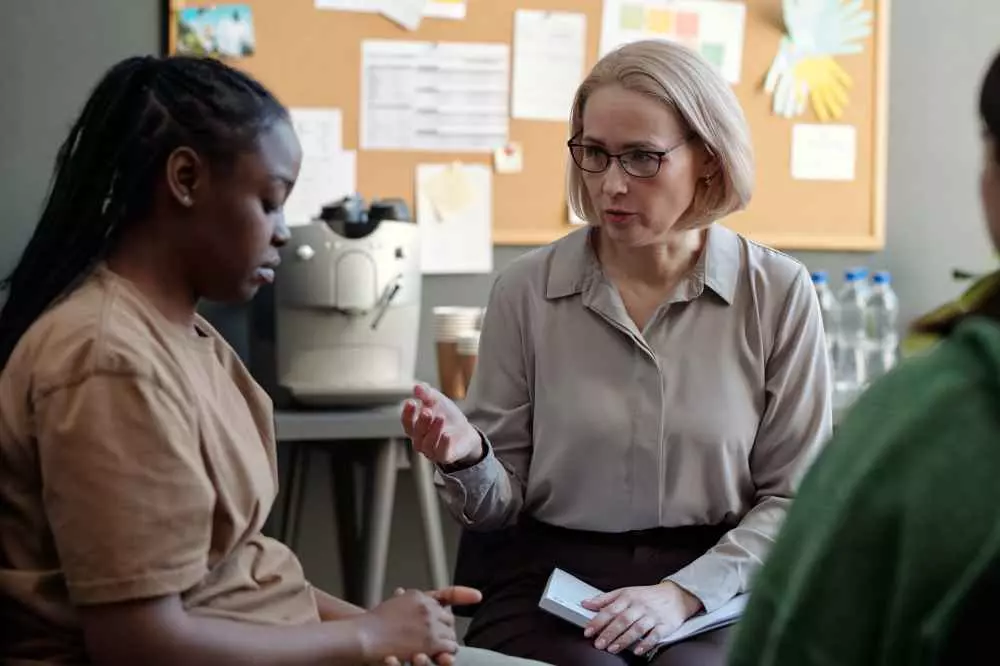Psychotherapy in coping with difficulties in intercultural communication
Introduction
Nowadays, in a globalized society, the ability to communicate effectively across cultures has become extremely important. We increasingly encounter different cultures, both in our personal and professional lives. Unfortunately, not everyone is able to cope with the difficulties that intercultural communication entails. In such situations, it is worthwhile to seek professional help from a psychotherapist whose job is to help us cope in this area.
The role of psychotherapy in intercultural communication
Psychotherapy can play an important role in dealing with difficulties in intercultural communication. The therapist will help us understand our own emotions and reactions in difficult situations and teach us effective communication strategies. During therapy, we will have the opportunity to analyze our beliefs, stereotypes and prejudices that may hinder our understanding of other cultures. This will enable us to open up to diversity and better communicate with others.

Individual therapy versus group therapy
Psychotherapy in dealing with difficulties in intercultural communication can take place both individually and in group therapy. The choice of the appropriate form of therapy depends on individual preferences and the needs of the patient. Individual therapy allows you to focus on your own emotions and thoughts, while group therapy provides an opportunity to interact with people with similar experiences. Both forms of therapy are recommended because they complement each other and can produce the best results.
The role of the therapist
The therapist's focus in the therapy process is to create a safe and supportive atmosphere in which the patient can open up and express his or her difficulties. The therapist can be a psychologist with experience in working with patients who have difficulties with intercultural communication. His task is to help identify the roots of the difficulties, understand his own reactions and learn effective communication strategies. It is important that the therapist is a professional who is knowledgeable and experienced in working with patients from different cultures.
Challenges in cross-cultural communication
There can be all sorts of challenges in cross-cultural communication. One of the biggest is language barriers. Unfamiliarity with a country's language can hinder communication and lead to misunderstandings. Also, cultural differences regarding social norms, values or gestures can cause difficulties in communication. Sometimes stereotypes and prejudices can also lead to misinterpretation of other people's behavior.
Communication strategies to help with cross-cultural communication
During therapy, the patient will have a chance to learn and develop effective communication strategies. It is important to become aware of one's own prejudices and stereotypes and to be willing to approach other cultures in an open and accepting manner. It is also important to listen to the other person, ask questions and avoid judging. Non-verbal communication, such as gestures and facial expressions, also plays an important role in cross-cultural communication. The therapist will help the patient develop communication skills and adapt them to the specific situation.
Conclusion
Dealing with difficulties in intercultural communication can be a challenge. Psychological therapy can be helpful in supporting and developing communication skills that are essential in a globalized society. Whether we use individual therapy or group therapy, it is important to take steps to improve our communication skills.
Add comment